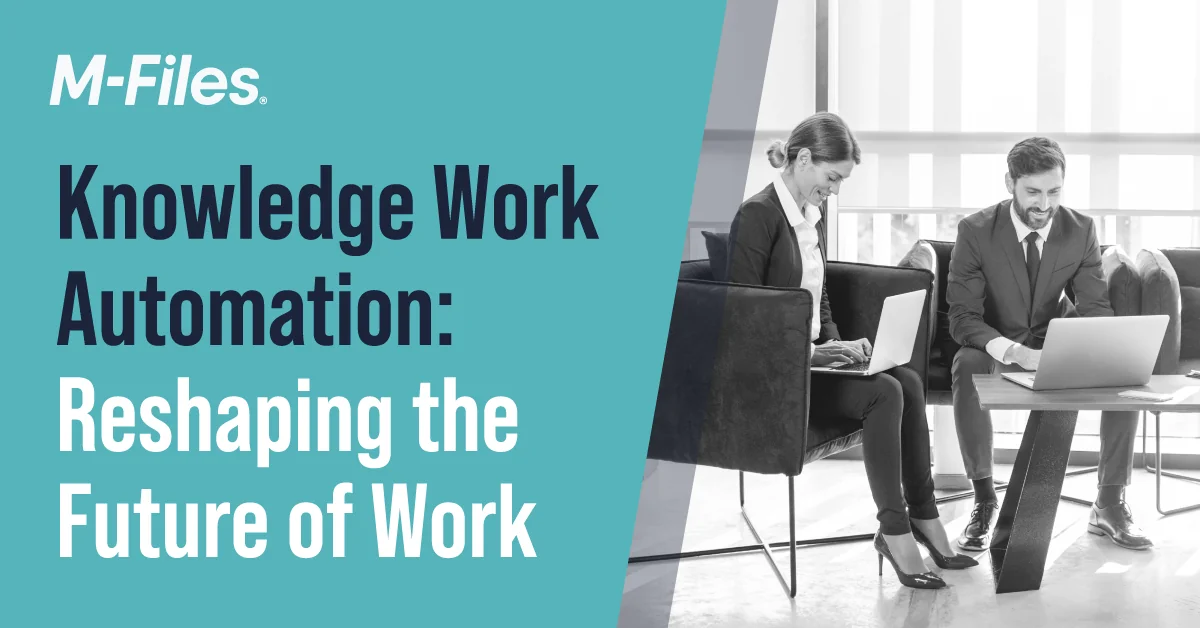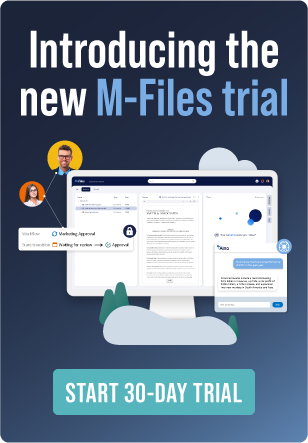The Future of Work: Embracing Digital Transformation
Unleashing AI potential

The COVID-19 pandemic has dramatically reshaped the way we work, accelerating the shift towards remote and hybrid work models. This transformation has underscored the importance of understanding and adapting to technological advancements to stay competitive. As we look to the future, several key trends and technologies are poised to redefine the workplace.
Remote and Hybrid Work
The pandemic drove numerous organizations to shift to remote work, a trend that is likely to persist. By adopting flexible work arrangements, companies can attract and retain top talent, boost employee satisfaction, and increase productivity. Hybrid work models, where employees divide their time between the office and remote locations, provide a balanced solution that accommodates diverse preferences and needs.
Digital Transformation
Digital transformation involves integrating new technologies across all facets of an organization, from operations to customer interactions. This integration boosts efficiency, security, and collaboration. For instance, AI and machine learning can automate routine tasks, freeing employees to focus on more strategic initiatives. Companies that successfully navigate digital transformation will be better positioned to respond to market changes and capitalize on new opportunities.
AI and Knowledge Work Automation
Artificial intelligence is set to revolutionize the workplace by empowering knowledge work automation. AI can manage tasks such as data analysis, customer service, and even creative processes, allowing knowledge workers to focus on high-value activities. This shift not only increases productivity but also improves job satisfaction by alleviating the burden of mundane tasks.
Enhanced Communication and Collaboration Tools
The rise of remote work has led to the creation of advanced communication and collaboration tools. Platforms like Miro and MURAL facilitate real-time collaboration, even when team members are in different time zones. These tools are essential for sustaining productivity and driving innovation in a distributed workforce.
Leadership and Adaptability
Successful leaders must be adaptable, adopting new technologies and work models to remain competitive. Organizations that embrace remote and hybrid work, invest in employee well-being, and prioritize continuous learning will thrive in the changing environment. Leaders who anticipate and respond to changes in the workplace will attract and retain top talent, driving long-term success.
Conclusion
The future of work is dynamic and ever-changing. Organizations that embrace digital transformation, leverage AI, and adopt flexible work models will be well-equipped to navigate the challenges and opportunities ahead. By fostering a culture of adaptability and continuous improvement, businesses can ensure they remain competitive and resilient in the face of ongoing technological advancements.





